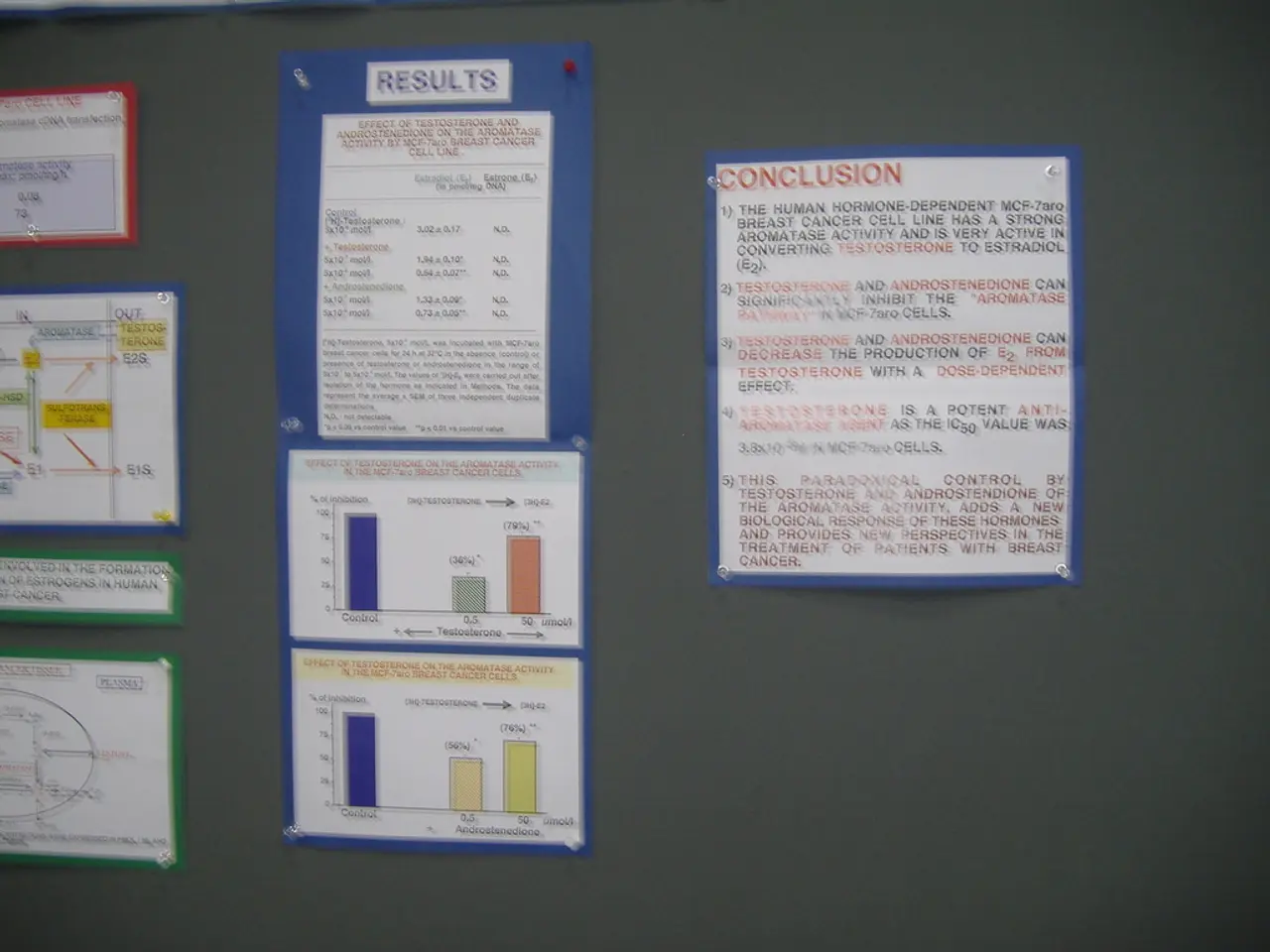Striking Nigerian Nurses Outline Requirements for Temporary Ceasefire
The National Association of Nigerian Nurses and Midwives (NANNM) has commenced a seven-day warning strike on July 29, 2025, to draw attention to their plight and demand significant improvements in their working conditions and welfare.
The strike, led by the Federal Health Institutions Sector (NANNM-FHI), has been triggered by the Federal Government's failure to respond meaningfully to a 15-day ultimatum issued on July 14, 2025. The nurses' demands include an upward review of shift allowance, adjustment of uniform allowance, implementation of a separate salary structure for nurses, increase in core duty allowance, mass employment of nurses, creation of a dedicated nursing department within the Federal Ministry of Health, review of provisional allowances for nurses and midwives, gazetting of long-standing approvals by the National Council on Establishments, and centralisation of internship for nursing graduates.
The strike has impacted healthcare delivery in federal hospitals nationwide, with many patients stranded due to reduced services. The NANNM-FHI leadership has stated that the government’s lack of communication and engagement during the ultimatum period left them no choice but to proceed with the strike. According to union officials, even if the government reaches out during the strike period, it will not stop the ongoing action because the opportunity for negotiation was missed.
There is a real possibility of escalation: if the strike and negotiations fail to yield results, the union may move to an indefinite strike after a further 21-day ultimatum period following the warning strike. However, some hospitals, such as the Federal Medical Centre, Ebute-Metta, and Lagos University Teaching Hospital, Lagos, are not part of this strike due to internal membership issues.
Nurses make up about 60 to 65% of the healthcare workforce, and the NANNM emphasizes the urgent need for the employment of more nurses due to severe staffing shortages. The nurses are ready to return to work once their demands are met.
The spokesperson for NANNM has urged the public to speak up in support of nurses, acknowledging the impact of the strike on patients. She is monitoring all health facilities in the state to ensure compliance with the strike and has expressed empathy for the pain patients are experiencing due to the strike. Any nurse violating the strike directive would face sanctions at the national level.
The demands include the gazetting of the nursing scheme of service approved since 2016 and the creation of a Department of Nursing in the Federal Ministry of Health. The spokesperson has called on the government to address the nurses' demands as a matter of national importance.
The strike is ongoing, and the nurses are emphasizing that it will be suspended only if the government meets their demands. The public is urged to support the nurses in their quest for better working conditions and welfare, as they play a crucial role in the healthcare sector.
- The strike, spearheaded by the NANNM-FHI in Lagos, Nigeria, continues to disrupt healthcare services nationwide, with several federal hospitals experiencing reduced services.
- Beyond the gazetting of the nursing scheme of service and the creation of a Department of Nursing in the Federal Ministry of Health, the nurses' demands also include a separate salary structure, improved allowances, mass employment, and a centralized internship system for nursing graduates.
- The public, encouraged to support the nurses in their pursuit of better working conditions and welfare, is warned that any nurse violating the strike directive may face sanctions at the national level, as the nurses play a vital role in the health-and-wellness industry of Naija.




